You may have heard the term “media monitoring” before but may not know exactly what it means. Media monitoring allows companies to track their brand’s presence in print media and online channels. It can help them identify how they’re being perceived by customers and competitors and how they can improve their image accordingly.
Read Creating a Marketing Strategy that Works: Benefits, Steps, Tools
Media monitoring services are available through various agencies, including those specializing in social media monitoring or digital marketing services (like us!). These companies will provide you with regular reports on mentions of your company across all relevant platforms: news sites; blogs; forums; social networks like Facebook and Twitter; even video sites like YouTube! This information will give you insight into how people perceive your brand as well as where they’re talking about it so that we can adjust our strategy accordingly.

Benefits of Media Monitoring for Marketing Professionals
Marketing professionals need to stay on top of their game to remain competitive. One way to gain a competitive advantage is by using a media monitoring tool to track brand reputation, customer sentiment, and emerging trends. Media monitoring helps marketers measure their campaigns’ impact and provides insights into what customers are saying about their brand and competitors.
Read Staying Ahead of the Game: Why Media Monitoring is Critical for PR and Marketing Agencies
These are the top ten key benefits of using a media monitoring tool for marketing professionals:
- Real-time insights: Get actionable insights into your brand’s online presence and customer sentiment.
- Competitive advantage: Stay ahead of the competition by monitoring their activity and developing targeted strategies.
- Improved campaign performance: Measure your marketing campaigns’ impact and identify improvement areas.
- Crisis management: Respond quickly to customer feedback and manage crises effectively.
- Customer engagement: Engage with customers in real-time and improve overall customer experience.
- Trend identification: Identify emerging trends and shifts in customer behavior.
- Data-driven decision-making: Make informed decisions based on data-driven insights.
- Resource optimization: Save time and resources by automating the data collection and analysis process.
- Brand reputation management: Monitor your brand’s reputation across all relevant channels.
- Business growth: Identify new opportunities for growth and innovation.
How Media Monitoring Helps Particular Marketing Professionals in Their Everyday Work
Marketing Agency Leader
The Marketing Agency Leader is a busy professional who typically holds several key positions within their organization, including CEO, Owner/Founder, and Marketing Strategist or Creative Director. They manage a team of about ten people, focusing on establishing long-term relationships with big international clients.
The Marketing Agency Leader is highly business-savvy and comfortable having a limited number of clients, ensuring a sustainable ratio of work and profit. This leader usually relies on tools in their daily work, providing access to their team to ensure the best results.
Read AI in PR: 16 Ways AI Will Transform The Game for PR Pros
Challenges
However, the Marketing Agency Leader faces various challenges, such as keeping their team motivated and on point with their work, creating effective processes, and continuously improving them. They also have to manage demanding clients, who often expect immediate results. Additionally, conducting client and market research takes up much of their time but is necessary to create effective strategies.
The Marketing Agency Leader’s biggest challenge is demonstrating the value of media monitoring to their clients, especially when they have a limited budget. They also require a regularly updated and improved tool to justify the client investment.
Use-cases
Despite these challenges, media monitoring is essential for the Marketing Agency Leader. It helps them conduct market research, plan and track campaigns, evaluate performance, monitor competitors, and create in-depth reports.
By utilizing a media monitoring tool, they can track real-time trends, gain extensive coverage, and access social media as a source of information. Reports are a crucial feature, but they also combine data and charts from other tools to create comprehensive reports.
Read How to Create a Brand Positioning Map
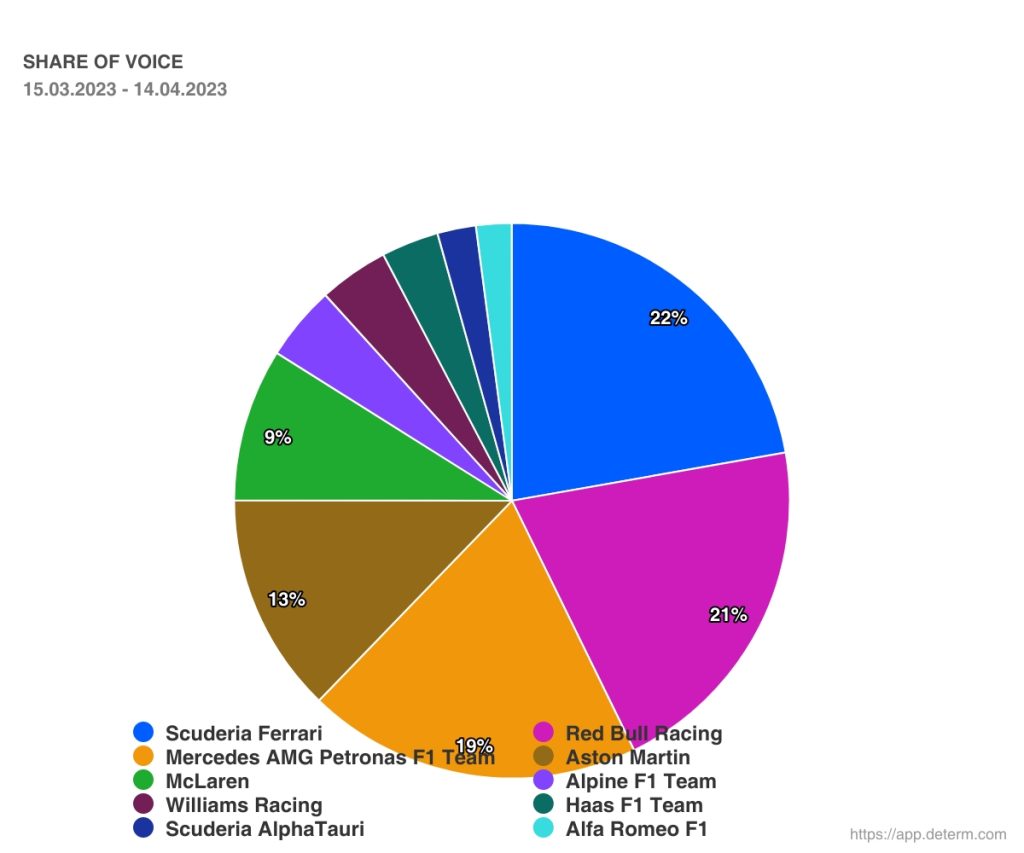
The Marketing Agency Leader values the flexibility of work and the ability to learn new things through their clients. Connecting with people and contributing to the growth of their clients’ business is a great motivator, as is the creative aspect of their work. By using media monitoring tools, they can achieve their goals of keeping their team happy, making their strategies work, increasing web traffic and community, and positively impacting their clients’ sales.
Most valued features
Real-time tracking is highly valued because it enables the Marketing Agency Leader to stay up-to-date with the latest news and trends and react to any negative mentions or crises that may arise.
Extensive coverage is also important as it allows them to monitor a wide range of channels and sources, providing a more comprehensive understanding of the market and their clients’ brand reputation.
Social media is a valuable source of information for this persona as they place great importance on social channels and their impact on their clients’ businesses.
Overall, a media monitoring tool that offers these features can provide significant value to the Marketing Agency Leader persona, helping them to make better-informed decisions and deliver better results for their clients.
“Honestly, in the beginning, our agency was really small, and we started growing using the tool.” Alexandra Cortese, the founder and director of Eco.
Marketing Department Lead
The Marketing Department Leader is a crucial figure in any international organization, managing the marketing and communication strategy to ensure revenue and growth. They work with B2B and B2C companies and report directly to the CEO. They also need to coordinate and align with regional or national offices and be responsible for their team’s motivation and happiness levels.
The job title can vary from Head of Marketing, Marketing Director, Data and Analytics Director to Head of International Business, among others. Although they delegate media monitoring tasks to their team, they are well-versed with the tools and conduct thorough research before purchasing them.
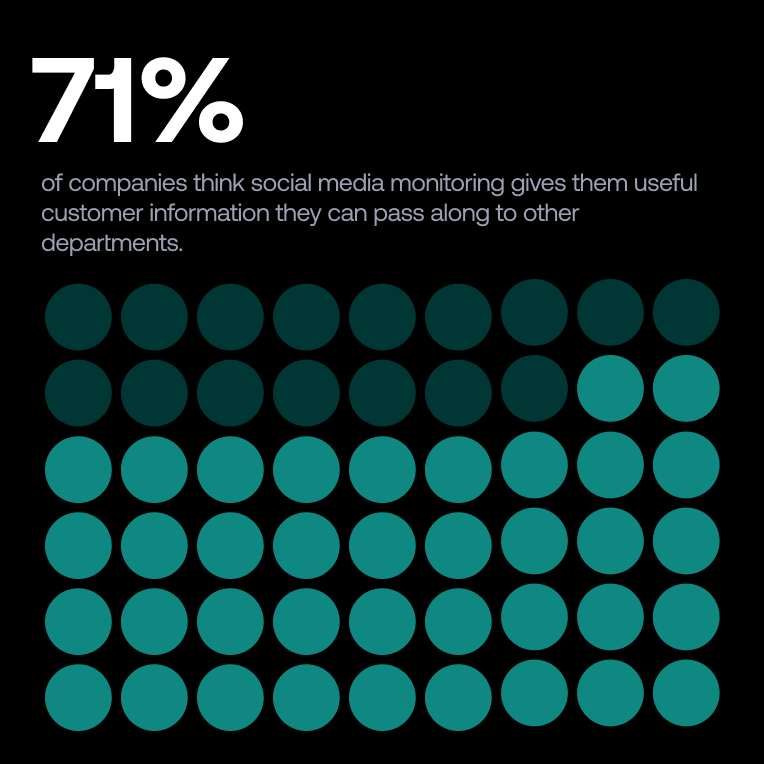
Challenges
Despite being an expert in their field, Marketing Department Leaders face several challenges, including time management due to multiple alignment and coordination activities.
Reporting can also be time-consuming and remote business development activities can be challenging. However, their curiosity, enjoyment of the creative process, and helping others motivates them to keep going.
Use-cases
Media monitoring tools have become crucial to any marketing department’s toolset, and the Marketing Department Leader persona is no exception. The tool can help them in a variety of use-cases such as market research, campaign planning, tracking, performance evaluation, competitor tracking, analysis, and reporting.
By monitoring various media channels such as news, social media, and broadcast media, marketing leaders can gather insights into customer sentiment, their competition, and the effectiveness of their marketing campaigns. They can use this information to make data-driven decisions and optimize their marketing strategies for better results.
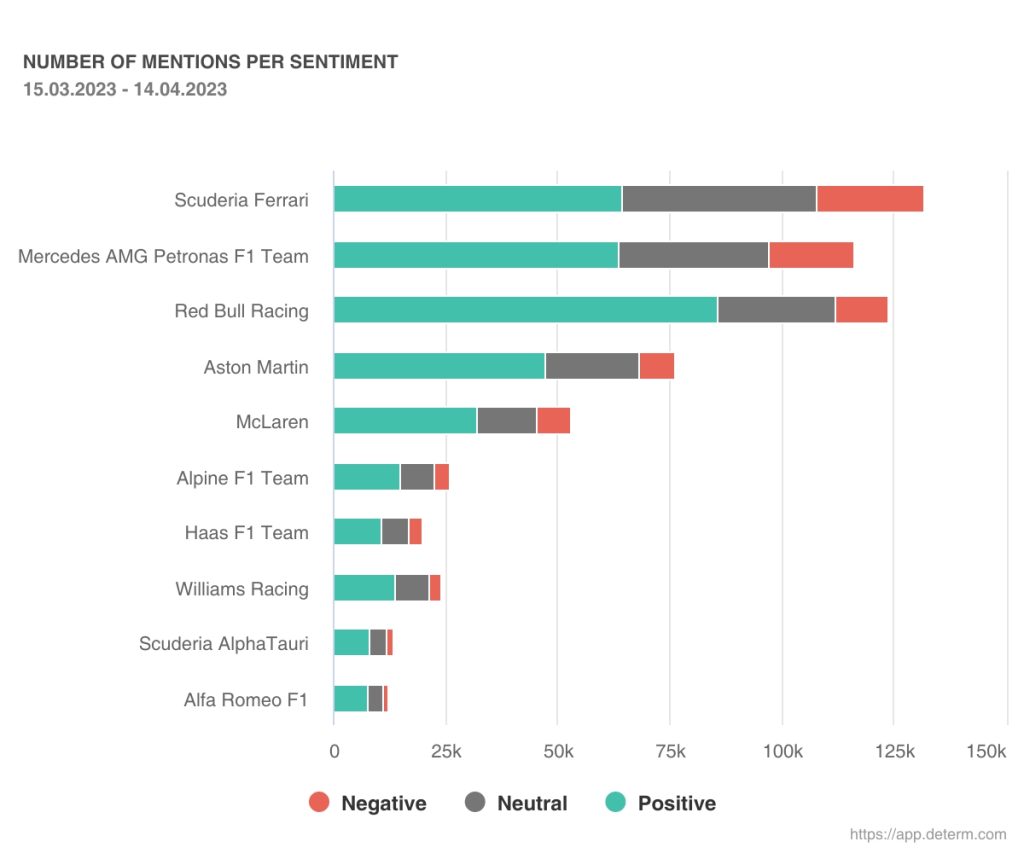
Most valued features
Marketing Department Leaders require a media monitoring tool that is reliable, efficient, and easy to use. Real-time tracking and extensive coverage are essential features that help them stay up to date with the latest developments in their industry. Filters are also critical, as they allow them to focus on the most relevant information and exclude irrelevant noise.
Reports are another essential feature as they provide insight into their marketing campaigns’ effectiveness and help them make data-driven decisions. Customer support is also crucial as they need quick access to help with questions or concerns.
The most valued features include the ability to track specific markets and languages, ease of use, and providing better results than competitors.
“My favorite thing is at the end of the year when I summarize what Marketing has done in the past year. The number of mentions in the millions that I could not prove otherwise. And when I compare it to the competition, no one can tell me we didn’t do a good job.” Tatjana Paunoski, Head of PR and Marketing at Bingo d.o.o.
Marketing Specialist
This persona is a Marketing Specialist who works in a marketing department of a B2C or B2G company. Their job titles include Digital Marketing Manager, Social Media Manager, and Consumer and Market Intelligence Manager. They have been in their position for 3-5 years, and their organizations have been present in the market for 10+ years. They work closely with other departments, such as Business Development and Sales, and report to the CMO or Head of Marketing. Their main objective is a certain number of leads, and they use a media monitoring tool weekly to automate the process of media monitoring.
Challenges
Marketing specialists face a variety of challenges in their day-to-day work, from developing effective marketing strategies to executing campaigns and measuring their success. One of their biggest challenges is keeping up with the constantly evolving landscape of marketing channels and technologies. They need to stay on top of the latest trends and tactics in order to remain competitive and deliver results.
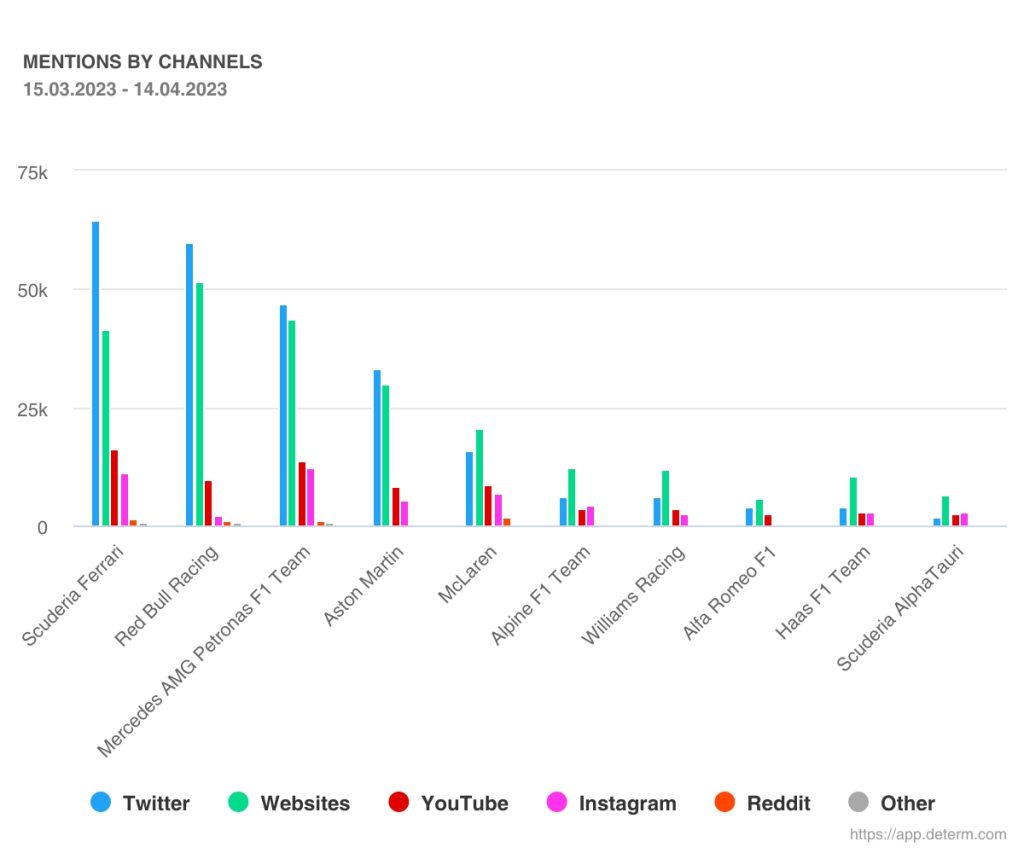
Another major challenge is managing client expectations and maintaining strong relationships with clients. Clients can be demanding, expect immediate results, or resist new ideas or approaches. Marketing specialists need to be able to effectively communicate the value of their work and manage client relationships in order to keep projects moving forward and deliver the desired outcomes.
Finally, marketing specialists often struggle with finding the time and resources to conduct thorough market research and competitive analysis. These tasks are essential for developing effective marketing strategies but can be time-consuming and require specialized skills and tools.
Use-cases
Marketing specialists face numerous challenges such as generating leads, conducting market research, monitoring their brand and competitors, tracking industry news and trends, and analyzing and reporting on data. To tackle these challenges, they utilize media monitoring tools to gain extensive coverage across various channels and sources, track real-time trends, and create in-depth reports.
The most valued features of a media monitoring tool for marketing specialists are real-time tracking, extensive coverage, sentiment analysis, and customization options to tailor the tool to their specific needs. With these tools and features, marketing specialists can make informed decisions and deliver better client results.
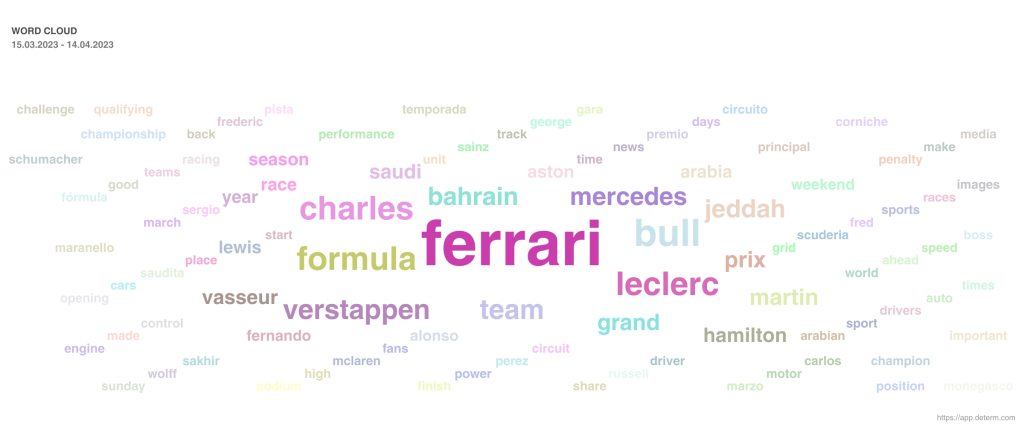
Most valued features
Marketing specialists highly value media monitoring tools that offer robust filtering capabilities. These allow them to narrow down the vast amount of data to the most relevant information, enabling them to focus on what matters most to their brand or clients. In addition, sentiment analysis is critical for marketing specialists to understand how their brand or products are perceived in the market. This feature helps them identify positive or negative sentiments and track changes over time, allowing them to make more informed decisions.
Reports are also highly valued, as they enable marketing specialists to share insights and results with clients or team members in an easy-to-understand format. These reports should be customizable and offer visualizations to help communicate the data effectively. Overall, media monitoring tools with these features help marketing specialists streamline their work, gain insights into their brand, and deliver better results for their clients.
“We use media monitoring for planning… What we should do. But we can also see our campaign’s impact. For example, when we launch a new model, see how people react, and gather all the information we need. We always have our ears open for our competitors to ensure we stay on top of trends and what’s happening.” Resa Prasetyo, Regional data and analytics director for Asia and Oceania at TBWA
Conclusion
In conclusion, media monitoring is a crucial tool for marketing professionals, offering a range of benefits such as real-time insights, competitive advantage, crisis management, and brand reputation management. By using a media monitoring tool, marketing professionals can improve campaign performance, identify emerging trends, engage with customers, make data-driven decisions, optimize resources, and identify new opportunities for growth and innovation.
The Marketing Agency Leader and Marketing Department Lead personas, in particular, benefit from media monitoring tools in their everyday work by conducting market research, planning and tracking campaigns, evaluating performance, monitoring competitors, and creating in-depth reports. Despite facing challenges such as time management and demonstrating the value of media monitoring to clients, it is an essential tool for marketing professionals, helping them achieve their goals and deliver better results for their clients.
In the marketing industry, Determ can be a powerful and versatile tool that can provide valuable insights into an organization’s performance. Its ability to track media coverage, conduct sentiment analysis, and provide real-time alerts can help marketing professionals stay ahead of the competition and make informed decisions. With its user-friendly interface and automation features, Determ can also help reduce the workload of marketing professionals, allowing them to focus on more strategic tasks.
If you’re interested in trying out Determ, please reach out to us, and we’ll be happy to show you around.


